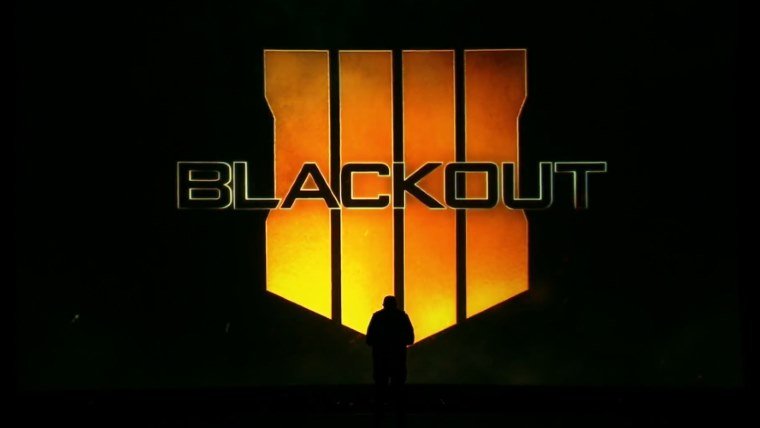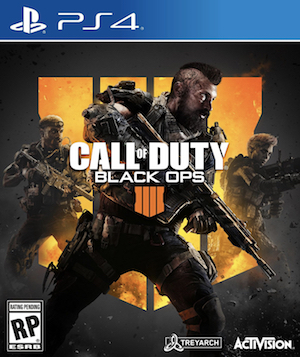In many ways, Call of Duty: Black Ops 4 seems to be the furthest thing imaginable from the original, 2010 Call of Duty: Black Ops. That’s game was known for its tight and focused multiplayer, for its trend setting zombies multiplayer mode, and widely praised for its fantastic single player game, that was set in the Cold War era and mixed some cool conspiracy theory style shenanigans with some great historical set pieces.
Black Ops 4, on the other hand, has no single player campaign at all, has a multitude of multiplayer offerings, including a trend following battle royale mode in the guise of Blackout, and eschews a historical setting entirely.
But Treyarch’s Dan Bunting, co-studio head, seems to think that Black Ops 4, especially Blackout, celebrates the history and legacy of the Black Ops franchise in its own way.
“I think that what we built is a game that really celebrates the legacy of Black Ops, the history of Black Ops,” he said in an interview with GamesBeat. “We wanted to surprise and delight our fans. We always like to do that. We put Easter eggs in the map. We put favorite maps that players have played in different games together in one place. You look at the Estate section of Blackout, where it has Raid on one side and Stronghold on the other. It’s two different maps from two different worlds coming together in unison.
“It’s been fun for us to do that, to give players a new twist on old favorites. You go to Nuketown Island, it’s almost not even about Nuketown itself. It’s about all the tunnels underneath that you never got to see in the actual Nuketown map. We’ve had fun playing with the fiction. You just have to constantly deliver exciting and fun and rewarding experiences for your fans.
“I think we’ve carved out our own space. We have something that feels very natural to Call of Duty and celebrates Black Ops. Players who’ve been with us for the series — we really wanted this game to be in service to our fans, in service to our community. It’s not just how we update or provide transparency to the fans, how we communicate to the fans. It’s not just about how we update the game post-launch. Those are all important to the community. But it’s also how we look back to the history. The players who’ve been with us all this time, we’re giving them something that feels like they can latch on to it. It’s a celebration of what they’ve loved all these years. That’s what Blackout is.
“In our case, it’s a pillar of our game. It’s of significant importance to the game. It has to be a big part of our release. This isn’t even something we’d think about as an add-on post-launch. It’s a part of what this game is and what it’s about. It’s what people are going to remember about Black Ops 4. It’s a multiplayer that redefines multiplayer in the Call of Duty franchise. It’s battle royale done the Black Ops way. It’s unique compared to anything else you’re going to get in gaming.”
I mean… yes and no? I think he’s right in that Treyarch clearly used Blackout as a canvas to pay tribute to Call of Duty throughout, but mechanically, and structurally in terms of what the mode means, it’s hard to deny that something like Blackout is a far cry from what Call of Duty used to be, or that the series that a decade ago defined the face of the modern multiplayer shooter is now chasing them.
There’s nothing wrong with that—I just don’t know why you would spin it like Bunting is doing. Call of Duty: Black Ops 4 is available now on PS4, Xbox One, and PC. Make sure to check out our review for the game to see what we think of it, and of Blackout.















